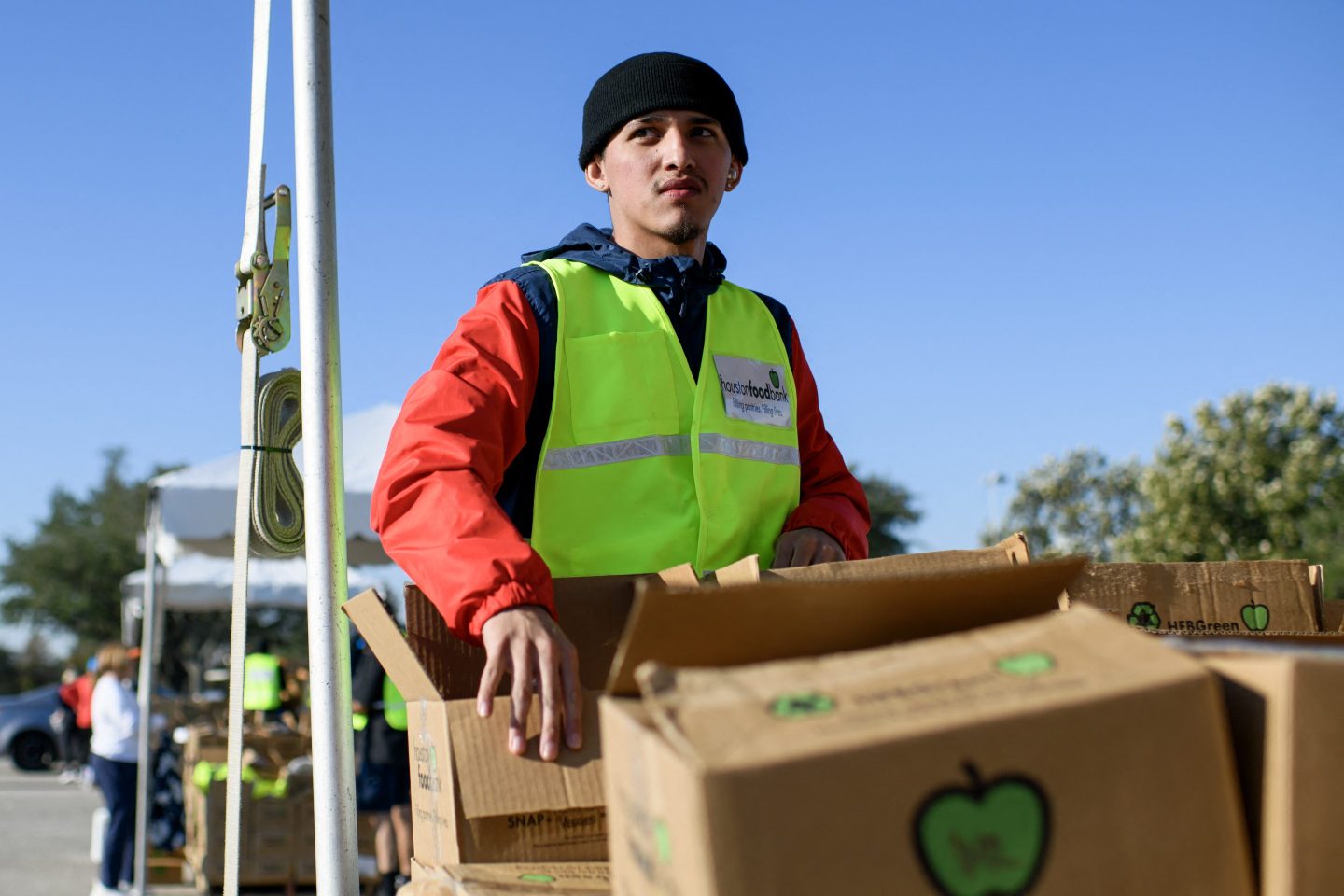The specter, and ongoing rise, of antibiotic resistant superbugs has shaken public health officials around the world. But a new study underscores how even practices meant to curb preventable infections may wind up, at least partially, making matters worse.
Australian researchers found that some kinds of bacteria (specifically, the multidrug-resistant superbug Enterococcus faecium) have grown “increasingly tolerant” to a key component of the hand sanitizers ubiquitously used in hospitals—namely, the alcohol that forms the basis of these common hand sanitizers.
The study authors noted that some of these bacteria, which may affect the digestive tract, the bladder, the heart, and other body parts, are getting harder to kill via standard alcohol based hand sanitizers. In fact, some took a 70% alcohol mixture to eventually kill the bugs, above the 60% mixtures in most common products, according to NPR.
It’s important to note that the hand sanitizers are still important tools—certain kinds of infections actually did decrease in hospitals, though others saw a rise, as the researchers explain in the study published in Science Translational Medicine. “Alcohol-based disinfectants are a key way to control hospital infections worldwide,” the write, but “the multidrug-resistant bacterium Enterococcus faecium has become increasingly tolerant to the alcohols in widely used hospital disinfectants such as hand rub solutions. These findings may help explain the recent increase in this pathogen in hospital settings.”
The overall findings “suggest that bacterial adaptation is complicating infection control recommendations, necessitating additional procedures to prevent E. Faecium from spreading in hospital settings,” the continued.
So just what does that mean? For one, people who come into contact with these kinds of bacteria may want to wash their hands thoroughly with soap instead of just relying on what they might think is a bacteria-killing, alcohol-based hand sanitizer. Making sure that bacteria are flushed down a drain rather than potentially remaining on your hands could be critical to stopping the spread of resistant bugs, especially in hospitals.
Subscribe to Brainstorm Health Daily, our newsletter about exciting health innovations.











